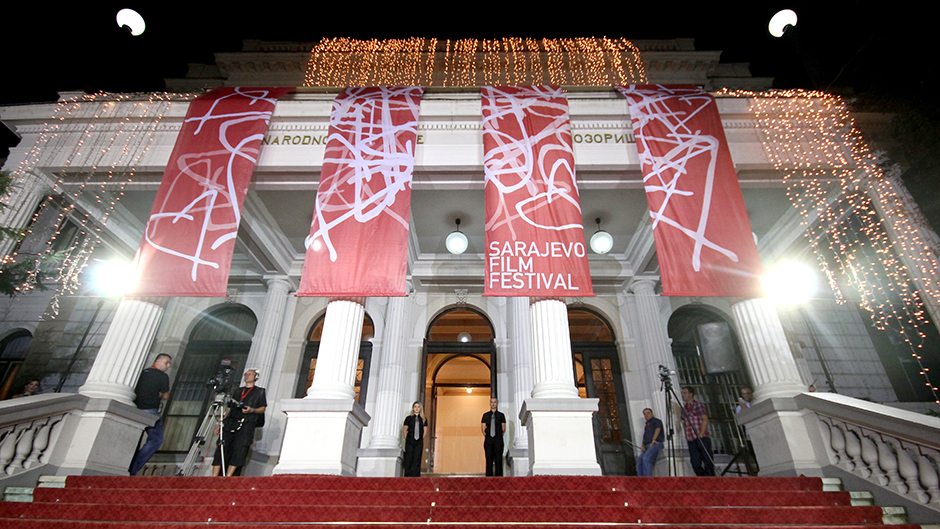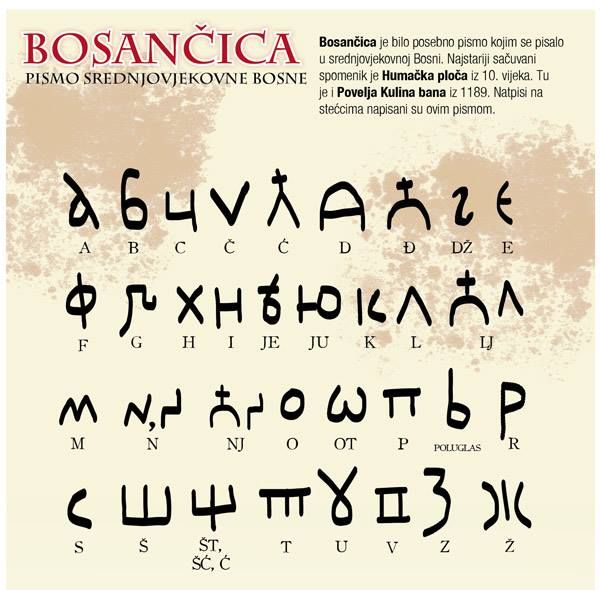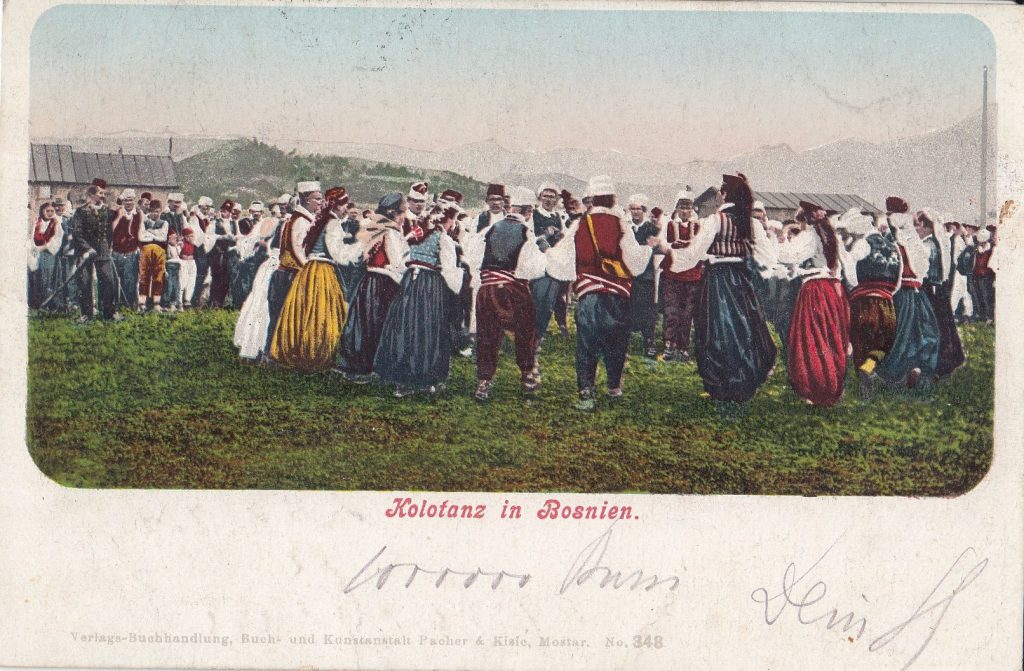Culture, Language and People
Culture, Language and People of Bosnia and Herzegovina
Culture
Until contemporary times Bosnia & Herzegovina usually fell outside the realm of European artistic movements. Creative forms, however, have a long and fascinating history dating back to Neolithic times.
The museums and galleries in Bosnia & Herzegovina are filled with the living forms that represented everyday life. Contemporary art has been a key influence in the 20th century. Prior cultural influences can be seen through the architecture, traditional dress, stone carvings, pottery and jewelry, and sacral places. The culture can be seen in the intricate paintings of the mosques, the beautiful woodwork of traditional furniture, or the magnificent stitch of the traditional attire. It is this mix of old and new creative forms that Bosnia & Herzegovina is famous for.
Today’s cultural scene is a flourishing one. Sarajevo hosts some of southeast Europe’s finest festivals (Sarajevo Film Festival, Jazz Fest). Contemporary literature, music and art embraces the creative struggle of a country reborn.
Learn more about Cultural Tourism in Bosnia and Herzegovina.

Language
There are three ‘official’ languages spoken in Bosnia & Herzegovina: Bosnian, Croatian, and Serbian. For the local people there is a great importance attached to the name of the language. For practical purposes, they are one and the same.
The differences are similar to those between American and British English. The pre-war language of the former Yugoslavia was Serbo-Croat. This term is virtually extinct now. Bosnian/Croatian/Serbian is a Slavic language. Many words are similar in Czech or Slovakian, even Polish and Ukrainian. It is in the same family as Russian but is distinctly different. In the Republika Srpska entity of Bosnia & Herzegovina the Cyrillic alphabet is used mostly. In the Federation the Latin alphabet is used predominantly.
In the cities it is very common to find English- speaking people and English has almost become a second language here. Most young people will have at least some knowledge of English almost anywhere you go.

People
There are three main ‘peoples’ that inhabit this country: Bosniaks, Croats, and Serbs. Despite different religious and/or ethnic background their language, traditions and culture are more similar than not. There is also sentiment of just being Bosnian, with no particular affiliation except to the country from where they are from. The Bosniaks are mainly Muslims, the Croats Catholic and the Serbs Orthodox. Their roots are in the early Slavic tribes that settled this land between the 6-7th centuries and intertwined with the indigenous Illyrian tribes.
In short, the people of Bosnia and Herzegovina are southern Slavs, with varying religious backgrounds. The census places the country’s population at 3.8 million people and steadily growing, with over one million Bosnians living abroad. The ethnic composition is: Bosniaks (Muslims) 44%, Serbs (Christian Orthodox) 32%, and Croats (Catholics) 17%. The remaining 7% of the population is composed of Yugoslavs, Albanians, Roma, Jews, and several other minority groups.

Respect
You will find the people in Bosnia and Herzegovina to be very hospitable and helpful. Due to hardships they have endured throughout history, they have learned to help each other out in any way possible. Still, there are ways to metaphorically step on someone’s toe, unknowingly.
Avoid speaking about the war, unless a local starts to do so first. There are still ethnic tensions going on inside the country. If you find yourself in the middle of such a conversation, either avoid taking sides, or side with the speaker. It’s okay to ask questions if you are genuinely interested, but avoid saying anything that might be misinterpreted.
Bosnia and Herzegovina is generally, a very religious country, being divided into Islam, Orthodox Christianity and Roman Catholicism. Avoid speaking badly about religion and don’t disrespect it in any way, as most people won’t take it kindly. This especially holds true in rural areas (which tend to be more religious), where you can get yourself into serious physical confrontations.
Even though the younger people in cities are western-oriented and cosmopolitan, Bosnia and Herzegovina is still very much a conservative country. Even in cities, wearing flashy or revealing clothing, for instance, will get you a lot of stares. Drinking alcohol is also frowned upon in certain areas. In short, keep a low profile and don’t put yourself in the spotlight.
One very important thing to keep in mind is to never call everybody in the country Bosnians. Many Serbs and Croats in the country will get very offended. If you need to make a distinction, it’s okay to ask, but never simply assume their ethnicity.



Comments are closed.